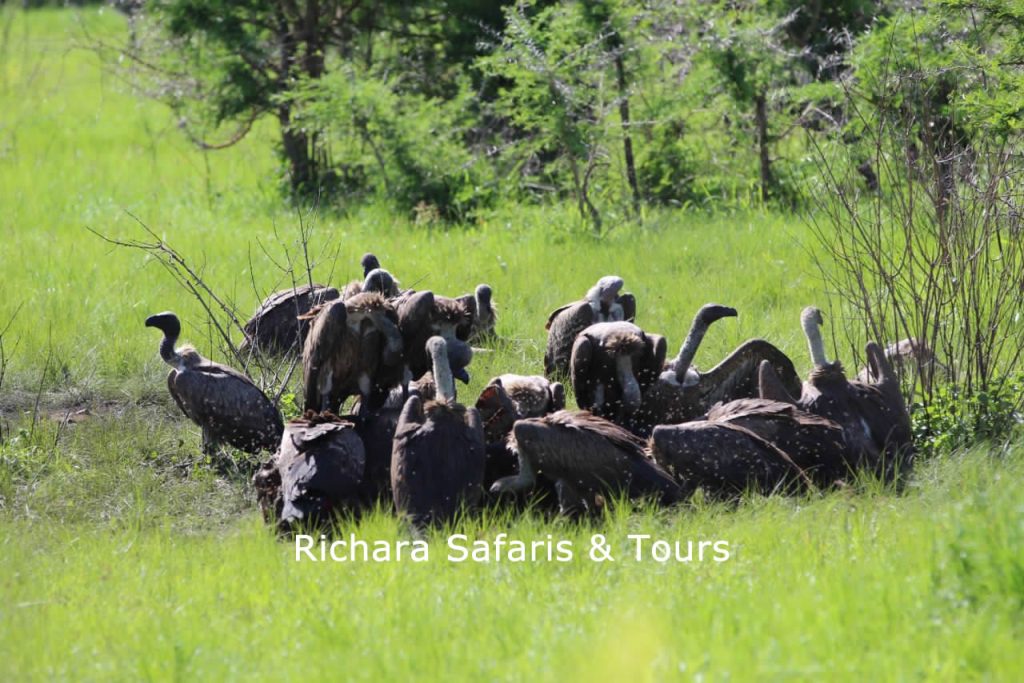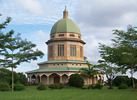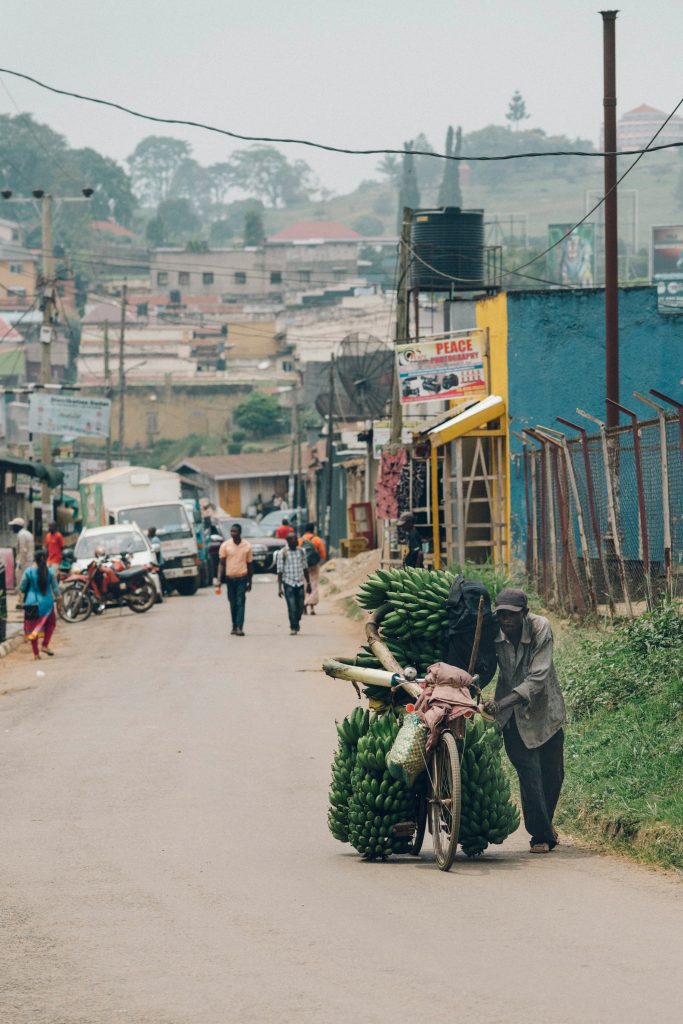
COMMUNICATION
Communication in African traditional societies was mostly oral, and some communities are known to have had messengers who would carry a message from one part of the kingdom to another.
Letters or scrolls, were not necessarily a thing in Uganda, until the colonial era. One remarkable incident for example, where letters are noted to have been used in central Uganda, was when Kabaka Mutesa 1 wrote to the Queen of England requesting that the Queen send Christian missionaries who would teach Mutesa’s people how to read and write. It is also noted, however, that this was a claim or trick, as the king hoped these missionaries would somehow come with guns, which he could use to fight his enemies.
Letter writing is less of a thing of the past in Uganda than in Western societies. In Buganda (Central Uganda) for instance, Drumming was one of the major ways messages were passed across communities.
There was a certain drumming, that would communicate to the masses that the King had fallen, or that the kingdom was under siege. Likewise, some drums communicated joy and festivities, while other drums communicated the passing of a clansman. Ceremonial drums, and other kinds of drums. These also varied in appearance.
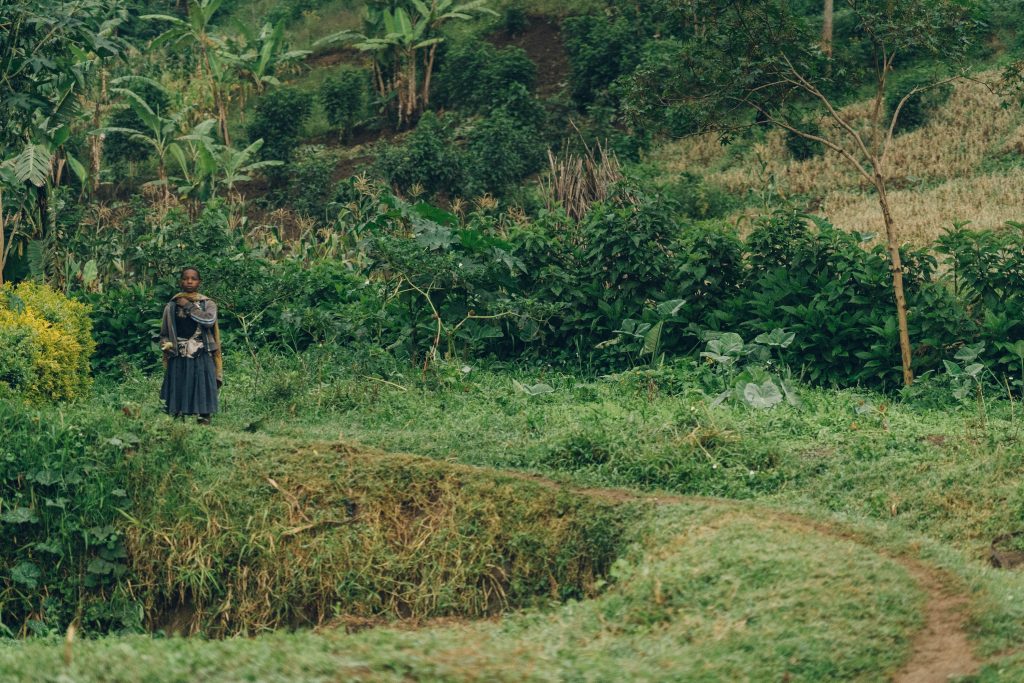
In present-day, modern Uganda, drums are now merely a thing of ceremony. Communication is done via telephones including digital and analog that is to say smartphones, (mapesa/button phones including tiny Nokia, Mi-ones,) computers i.e via emails, letters – which is not as much a thing as letters have somewhat converted to emails, even though structures such as Posta Uganda (Post Office ) Services are still very much in place and active. Not to mention social media platforms like WhatsApp, Facebook, Instagram, Twitter, and Snapchat to mention but a few.
Even application/smart-driven modes of transport like Uber or Bolt, have made communication between service providers and service seekers easy, as there is a messaging or call option. Of course, as the case is in several other parts of the world.
TRANSPORT
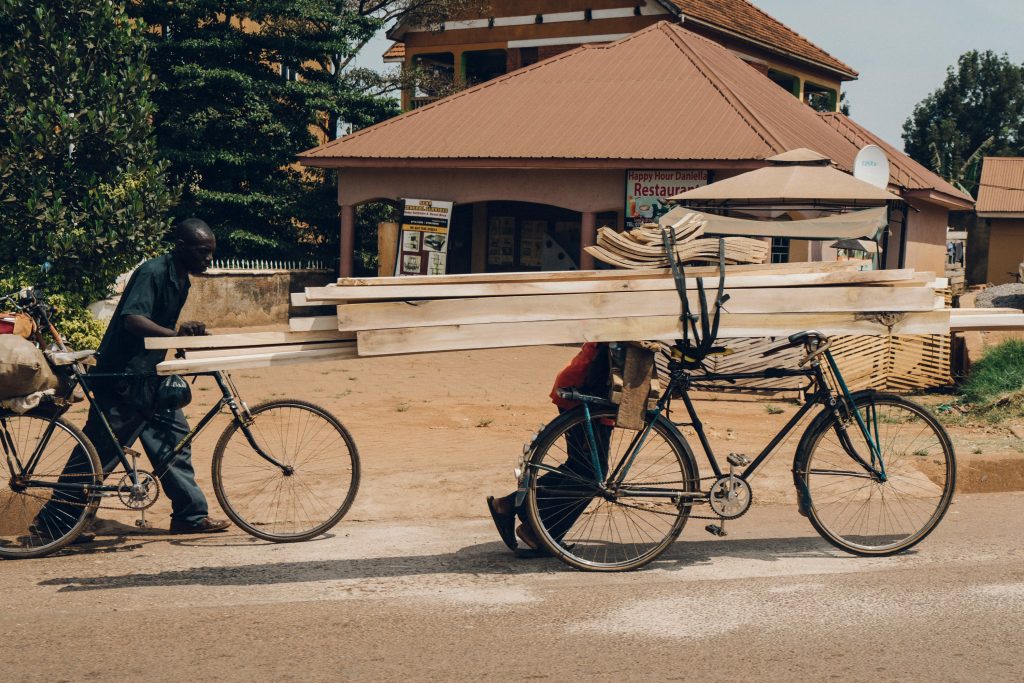
For a tourist, the commonest way to move around is by the tourist van or vehicle of your tour operator, to all desired destinations. There are a lot of other ways though, via which you can navigate Kampala or different regions across Uganda. There is private car hire or rental, this is dependent on how far within Kampala or outside of Kampala you will be traveling, and how many days or hours you intend to spend with the car. Rates vary, depending on the rental/car hire company. Domestic flights are also accessible, depending on the destination and the experience a traveler desires.
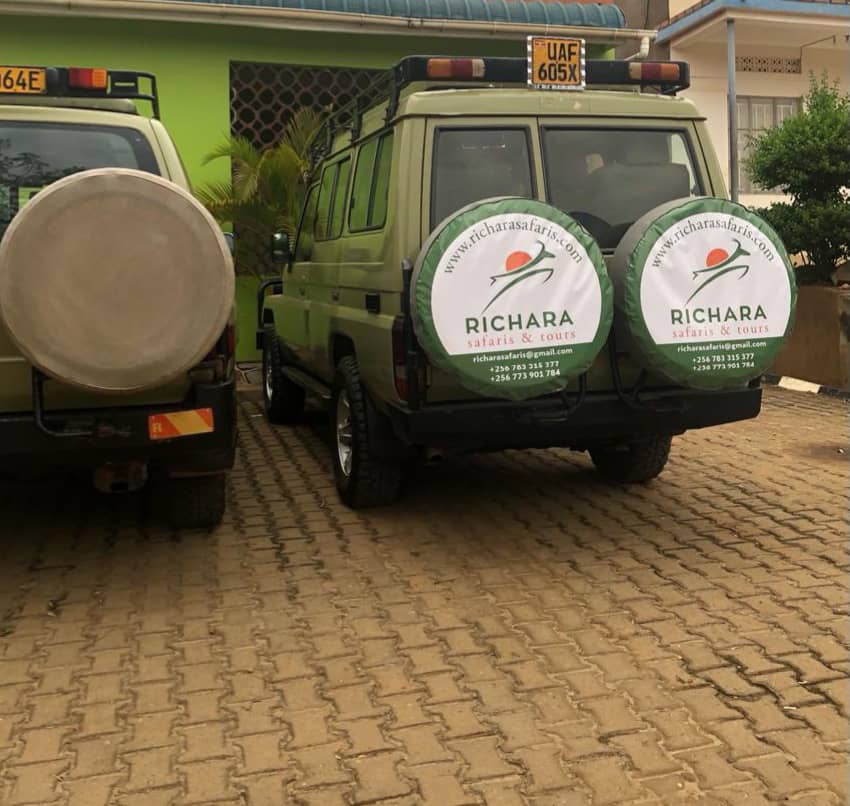
Another way to move around privately is through Uber, or Bolt, where you pay to be picked up and dropped off at a preferred destination. Another means is public transport, which offers a range of options including public minibuses/taxis – (these are 14-passenger seat carriers), destined for various locations around the country. Busses are also an option, not to mention motorbikes, popularly known as boda-bodas.
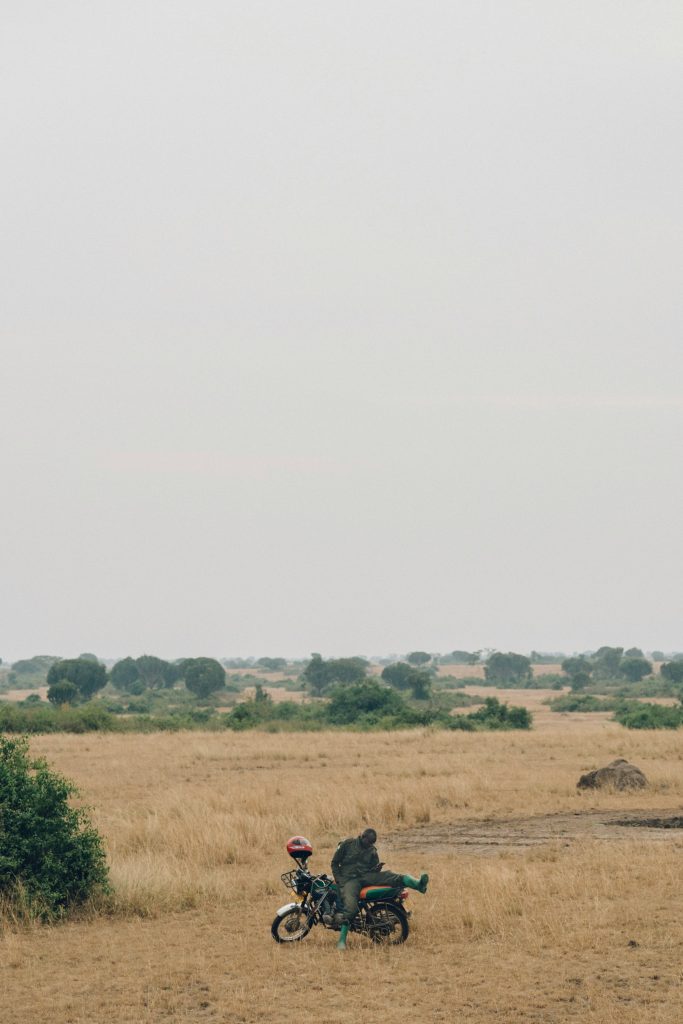
Do you intend to visit an island? Ferries, private flights, boats, name it, are also accessible, and you can equip yourself with schedules, by visiting the websites or offices of your preferred service providers, or bus stations. Do you have a tour operator to make your experience smooth? I bet not. And that is why Richara Safaris and Tours is at your service. We are committed to giving you a smooth and unforgettable experience to your preferred destinations, across the country. Our services range from; wildlife and nature safaris, unique customized safaris, chimpanzee trekking safaris, bird-watching tours, gorilla safaris, car hire, and rental services, to name but a few.
Call us on +256 (0) 783315577, +256 (0) 779217558, +256 (0) 773901784 ….Or email us via richarasafaris@gmail.com
